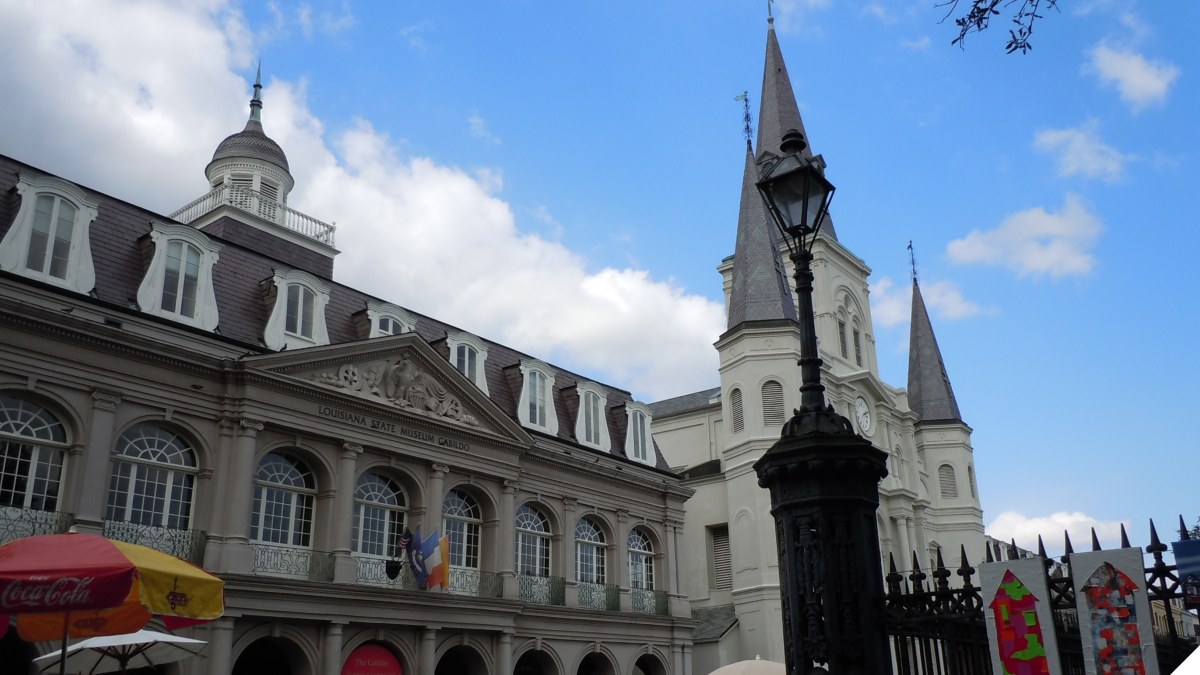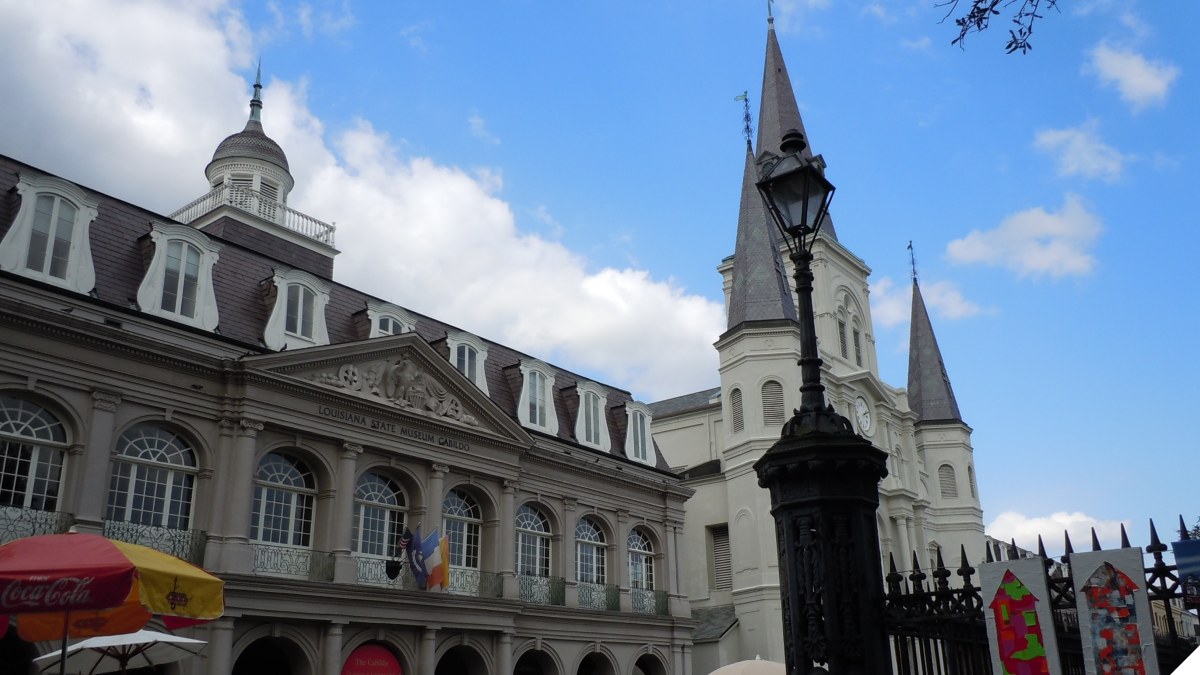
The Mayor’s emergency action proclamation says the city is empowered, if necessary, “to suspend or limit the sale, dispensing or transporting alcoholic beverages, firearms, explosives, and combustibles.” (Photo: Chris Eger/Guns.com)
A national pro-gun group on Tuesday cautioned New Orleans Mayor Latoya Cantrell that they sued the city once over firearms issues, and they’ll do it again.
The Washington-based Second Amendment Foundation this week warned Cantrell, a Democrat, against trying to suspend or limit the sale or transport of firearms, a power declared under the Louisiana city’s new State of Emergency response due to coronavirus.
“Following Hurricane Katrina, we sued the city when then-Mayor Ray Nagin’s administration began confiscating firearms from law-abiding citizens for no good reason,” said SAF founder and Executive Vice President Alan M. Gottlieb in a statement emailed to Guns.com. The federal court, in that case, ordered the city to cease confiscations three weeks after they had begun.
“We sued New Orleans then, and we’ll do it again,” Gottlieb promised. “The presence of a nasty disease does not suspend any part of the Bill of Rights, no matter what some municipal, state or even federal politician may think.”
Cantrell’s emergency action proclamation says the city is empowered, if necessary, “to suspend or limit the sale, dispensing or transporting alcoholic beverages, firearms, explosives, and combustibles.”
However, it also cautions this action should be tempered under the limits of a 2006 state law, passed the year after Hurricane Katrina devastated the Gulf Coast, which prohibits the seizure of firearms from law-abiding citizens during a state of emergency. Under HB 760, which was signed by Gov. Kathleen Blanco, police in Louisiana can disarm someone during a state of emergency when the officer reasonably believes it is necessary for safety. If an arrest is not made or the weapon not seized as part of a criminal investigation, the firearm must be returned. Further, federal legislation was enacted in 2007 which limits such seizures during a major disaster or emergency.
It is believed that New Orleans Police and assisting agencies impounded upwards of 1,200 guns during Katrina, with as many as 552 reportedly still in police lockup more than three years after the storm. Most had been seized without receipts or records, a factor which made returning the firearms even more difficult.

